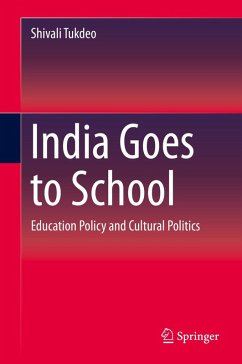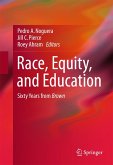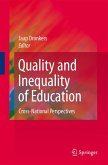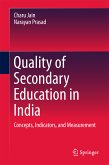India's frail and fragmented education system has failed the country's children, especially those from underprivileged classes and castes. The confusion of education policies, from the colonial period onward, has played no small role in this state of affairs. India Goes to School sheds valuable light on the social and cultural roots of these policies Jean Dreze Honorary Professor, Delhi School of Economics < Written with great clarity and authority, in this book, Shivali Tukdeo examines the complexities of national interests and global compulsions. The analysis she presents is likely to interest not only to Indian readership but also those interested in Indian education around the world. Fazal Rizvi The University of Melbourne Australia This book is a must read for anyone interested in the education system of India. It describes analytically and eloquently the internal contradictions of mass education and caste, democracy and right wing government, national policies and international influences. Shivali Tukdeo has put together a book that is outstanding on how to connect education, politics, economy and culture. Maria Nikolakaki Associate Professor, University of Peloponnese, Greece.
Dieser Download kann aus rechtlichen Gründen nur mit Rechnungsadresse in A, B, BG, CY, CZ, D, DK, EW, E, FIN, F, GR, HR, H, IRL, I, LT, L, LR, M, NL, PL, P, R, S, SLO, SK ausgeliefert werden.
"What makes this book riveting is Tukdeo's view of policy as socially and culturally constructed. She draws on feminist, post-colonial and anti-caste literature to critique policy frameworks ... . Her book examines the intellectual hegemony inherent in the specific targets set up by Education for All, and the generic standards laid down in the Millennium Development Goals. ... It invites the reader to think about how education policy is a tool for creating consensus around ideas of citizenship." (Chintan Girish Modi, Business Standard, February 20, 2020)









